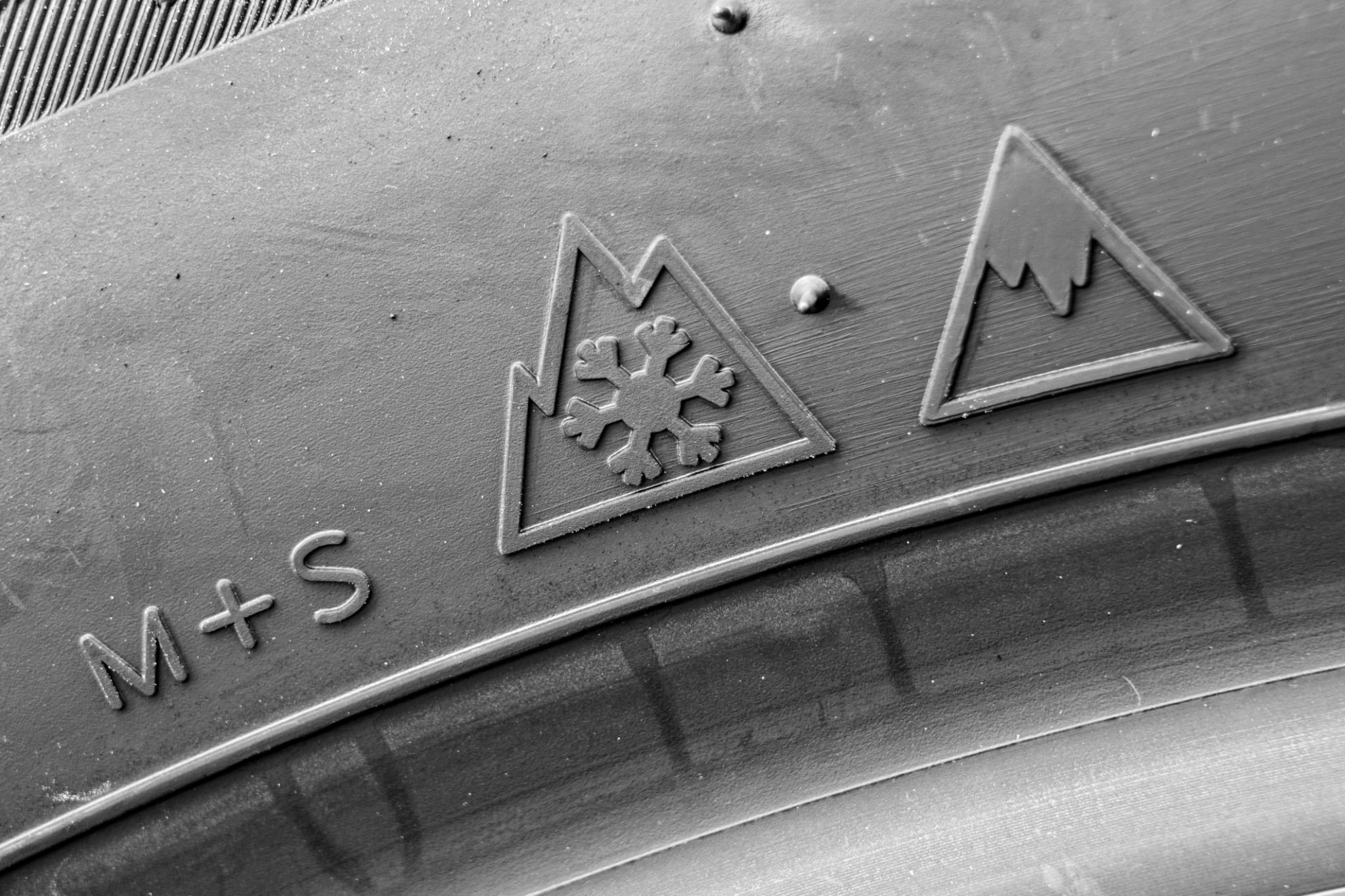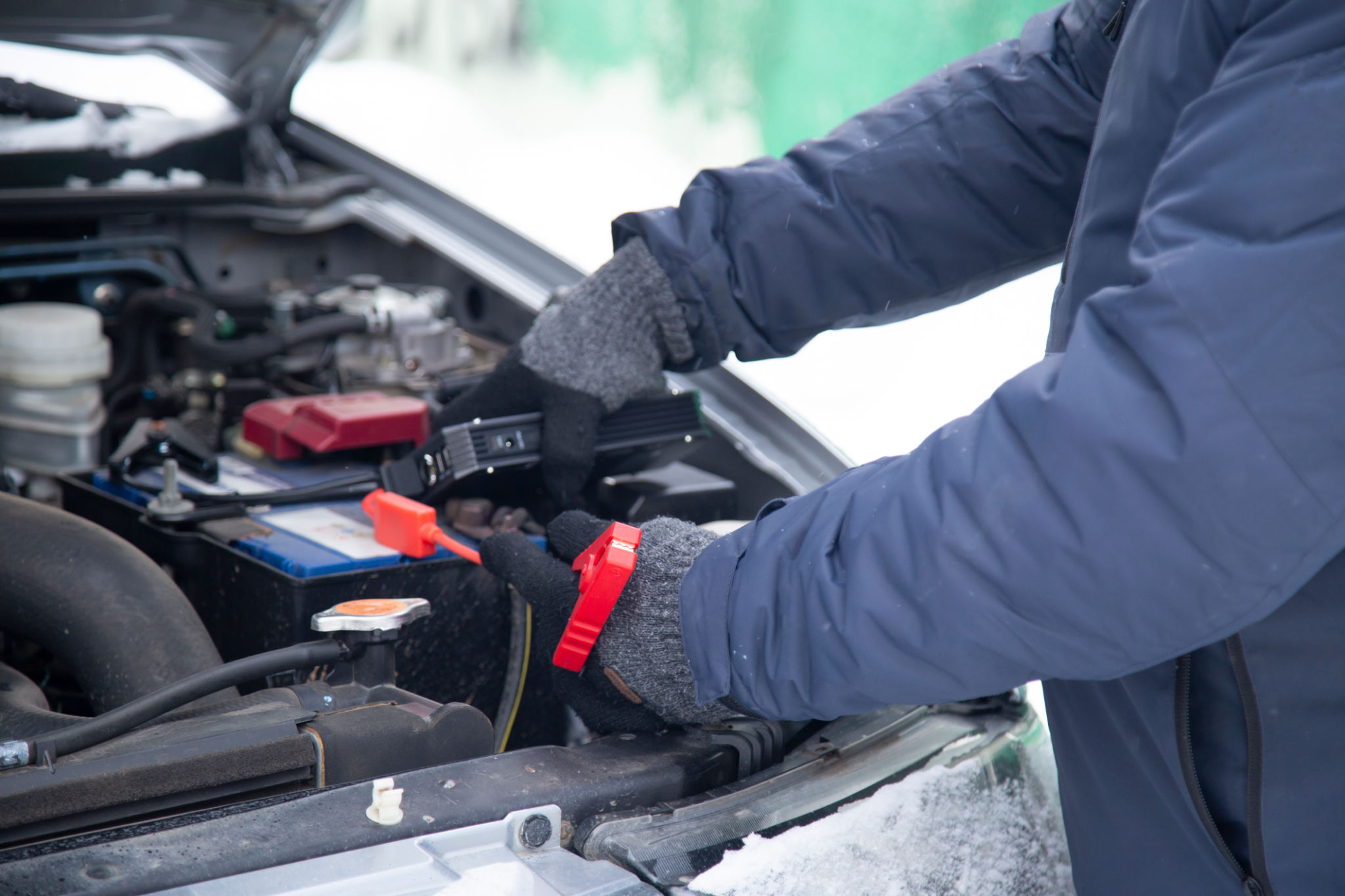Seasonal Tips for Maintaining Your Used Car in Russia
Preparing Your Used Car for Russian Winters
Maintaining a used car in Russia requires special attention, especially when the harsh winter months approach. The cold temperatures and icy conditions demand additional care to ensure your vehicle remains in optimal condition. It's crucial to prepare your car for these extreme conditions to avoid unexpected breakdowns and ensure safety on the road.
One of the most important steps is to switch to winter tires. These tires provide better grip on icy roads, reducing the risk of skidding. Ensure that the tire tread is at least 4mm deep for effective traction. Check the tire pressure regularly, as it can drop significantly in cold weather.

Checking Fluids and Antifreeze Levels
As temperatures drop, your car's fluids become more critical. Ensure that your engine oil is suitable for winter conditions, as thicker oils can cause starting issues. Consider using a synthetic oil that performs better in low temperatures. Additionally, check the antifreeze levels in your radiator to prevent the engine from freezing. The right mixture of antifreeze and water can protect your engine down to extremely low temperatures.
Don't forget to check other essential fluids, such as brake fluid, power steering fluid, and windshield washer fluid. Using a winter-grade washer fluid will prevent it from freezing and help maintain visibility on snowy days.
Maintaining Visibility During Snowy Seasons
Visibility is often compromised during Russian winters due to snow and ice buildup on your windshield. Ensure that your wiper blades are in good condition and consider upgrading to winter blades designed to handle ice and snow. Keep your windshield clean by using a scraper and brush to remove snow and ice before driving.

It's also important to test your car's heating system and defrosters. A properly functioning defroster will clear fogged windows quickly, enhancing visibility and safety on the road. If you notice any issues, have the heating system inspected by a professional.
Battery Care in Cold Weather
Cold weather can take a toll on your car's battery. It's wise to have your battery tested before winter sets in to ensure it's holding a charge efficiently. Clean any corrosion from the terminals and ensure all connections are tight. If your battery is over three years old, consider replacing it preemptively to avoid starting problems.

Additionally, keep jumper cables in your car as part of an emergency kit. They can be invaluable if your battery fails unexpectedly, allowing you to jump-start your vehicle with the help of another car.
Protecting Your Car's Exterior
The salt and chemicals used on roads during winter can cause significant damage to your car's exterior. To protect your vehicle, wash it regularly to remove salt residue, paying special attention to the undercarriage where salt can accumulate. Applying a coat of wax before winter can provide an extra layer of protection against corrosive elements.
Consider investing in protective floor mats to prevent snow and salt from damaging the interior carpets. Regular maintenance and cleaning will help preserve both the exterior and interior of your used car.
- Switch to winter tires with sufficient tread depth.
- Check and maintain all fluid levels, including antifreeze.
- Ensure wipers and heating systems are functioning properly.
- Test your battery and clean terminals.
- Regularly wash your car to protect the exterior from salt damage.